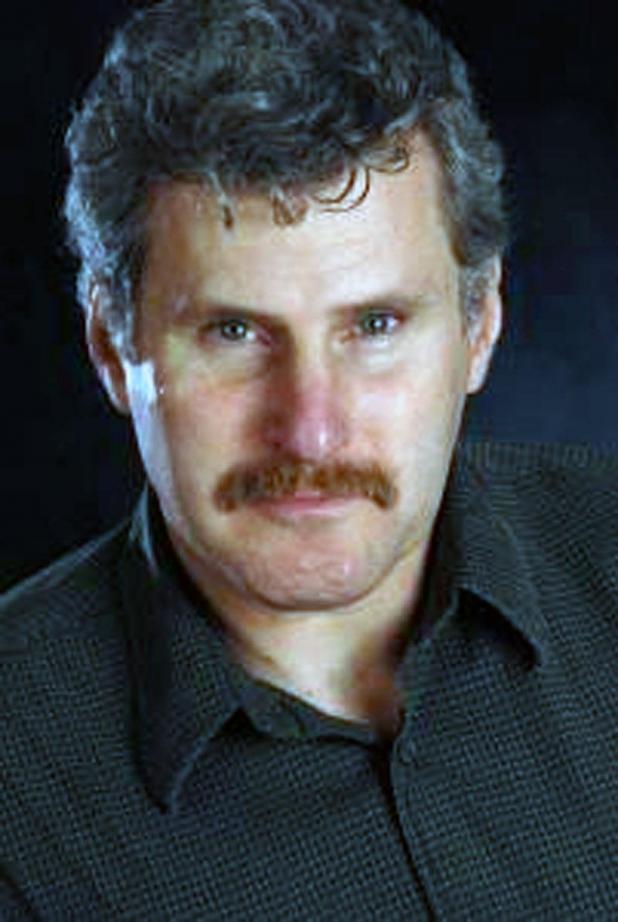
Bryan Golden
Repetition
“We all love to win. But how many people love to train?” -- Mark Spitz
At the 1972 Olympics, swimmer Mark Spitz won seven gold medals and set seven new world records. An incredible feat that was unequaled for 36 years.
Those who have achieved a high level of proficiency have done so as the result of repetitious practice. Success is never realized instantly and certainly not after only just a few tries. Countless hours are spent learning and relearning.
Athletes devote hours each day to perfecting their skills and abilities. They consistently exercise, watch their diet, and practice their sport. Musicians practice each arrangement relentlessly until their performance is flawless. Doctors, lawyers, engineers, teachers and other professionals spend thousands of hours in school to learn their requisite skills. Over and over, pilots train to handle every possible situation they may encounter while flying.
There are no shortcuts. Developing new skills and habits requires repetition. It is in satisfying this requirement that many people fall short. There is a growing lack of patience that pervades general society and influences expectations. There is an overriding desire for instant results.
Getting water to boil is a good example of the role of repetition. Suppose you’re in a rush. You put the pot on the stove, turn on the heat, and nothing happens. Patiently you wait 5 seconds, 10 seconds and yet there is still no change. Even after a full two minutes, the water is still not boiling. Obviously you can’t get water to boil. Other people may be able to do it, but it won’t work for you.
Of course the above scenario is ludicrous. Anyone can get water to boil by applying enough heat for a long enough period of time. What’s surprising is how many people turn the heat on for only a moment in their own lives before erroneously pronouncing their attempt a failure. Doing something only once and expecting instant results is no different that expecting water to boil in five or ten seconds.
Adequate repetition of sufficient effort is essential before you can enjoy the fruits of your labor. To boil water, there is a minimum amount of heat that is required. If the heat is set below the minimum, the water will never boil regardless of how long you leave it on the stove. Once you exceed the minimum temperature, the amount of time required for the water to boil depends on how hot the burner is and the quantity of water in the pot.
Your effort is the heat and the magnitude of your goal is the size of the pot. How much repetition is required is the time. Without adequate repetition of great enough efforts, nothing will be accomplished.
There is no way to determine exactly how much repetition will be required. Therefore, all you can do is to keep at your task until you succeed. To give up before your goal has been realized is a shame and a waste. A lack of repetition is responsible for more disappointment than any other single cause.
You don’t have to boil all of your water in one pot. You can work on one cup at a time. This strategy makes even the largest task doable and you can see results for boiling each cup much faster than waiting for the whole pot to boil.
To put the power of repetition to work for you, setup a schedule where you can work on your task every day. Take small steps. Consistency is critical. Devoting even 10 minutes a day is better than one hour a week. Once you form a habit of repetition, your successes will multiply.
